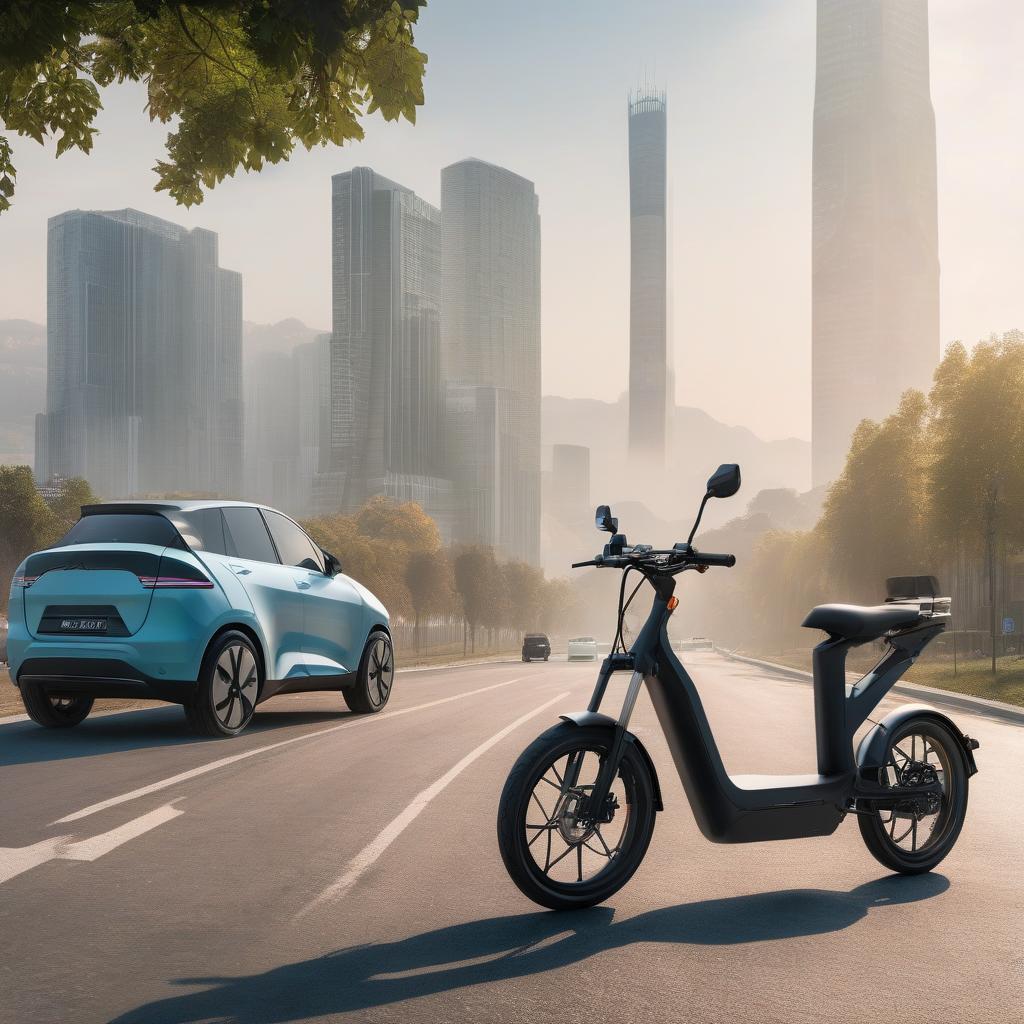Can You Get a DUI on an Electric Bike? Understanding the Legal Landscape
As electric bikes (e-bikes) continue to gain popularity for their eco-friendly benefits and convenience, a crucial question arises for riders: Can you get a DUI (Driving Under the Influence) while operating an electric bike? This topic has garnered attention as e-bikes blur the lines between bicycles and motor vehicles. In this comprehensive blog post, we’ll explore the legal implications of riding an e-bike under the influence, the varying laws by jurisdiction, and best practices for responsible riding.
Defining E-Bikes in the Legal Context
E-bikes are typically classified into several categories based on their speed and type of motor assistance:
- Class 1: Pedal-assist only (no throttle) with a maximum speed of 20 mph.
- Class 2: Throttle-assisted (can operate without pedaling) with a maximum speed of 20 mph.
- Class 3: Pedal-assist only with a maximum speed of 28 mph.
Understanding how your state or country defines e-bikes is essential, as this classification impacts the applicability of DUI laws. In many places, e-bikes are treated like traditional bicycles, but some jurisdictions may classify them as motor vehicles, which shifts the legal responsibilities that come with their use.
DUI Laws and E-Bikes: Varying State Regulations
In the United States, DUI laws vary by state, leading to different interpretations regarding e-bike operation. Below are some general guidelines regarding DUI laws as they pertain to e-bikes in various areas:
- States Treating E-Bikes as Bicycles: Many states view e-bikes similarly to traditional bicycles. In these states, riding an e-bike under the influence may not result in a DUI charge but could still lead to citations for reckless or unsafe riding. Riders can still be held accountable for impaired riding if they endanger themselves or others on the road.
- States Classifying E-Bikes as Motor Vehicles: Some states, such as California, have laws that classify certain e-bikes as motor vehicles. In these cases, riding under the influence can lead to DUI charges, similar to operating a car or motorcycle while impaired. Riders can face penalties that include fines, license suspension, and possibly jail time.
- Other Countries: Internationally, laws differ. For example, in Canada, certain provinces categorize e-bikes like bicycles, whereas others enforce regulations akin to motor vehicles. In the UK, cyclists—including e-bike riders—are prohibited from riding under the influence, which can lead to public disorder charges rather than traditional DUI charges.
Consequences of a DUI on an E-Bike
If an e-bike rider receives a DUI charge, the penalties may mirror those given for operating a motor vehicle under the influence. Potential consequences can include:
- Fines: Financial penalties can vary significantly depending on the jurisdiction and the nature of the offense.
- License Suspension: In some cases, authorities may suspend the rider’s driver’s license or impose restrictions on e-bike operation.
- Community Service or Educational Programs: Offenders may be mandated to complete community service or substance abuse education programs.
- Imprisonment: Severe cases may result in jail time, particularly for repeat offenders or in cases where impaired riding leads to accidents or injuries.
The Importance of Responsible Riding
Regardless of the legal definitions and potential penalties, riding e-bikes under the influence poses significant safety risks. Impairment can affect reaction times, coordination, and decision-making, making it dangerous not only for the rider but also for others on the road. Here are some key points to consider:
- Public Safety: Riding any form of vehicle, including e-bikes, while impaired can lead to accidents, injuries, or even fatalities. Keeping roadways safe should be a priority for all riders.
- Legal Uncertainty: Even if your state treats e-bikes as bicycles, authorities may still charge riders with other offenses, such as reckless riding or endangerment, if they are found riding under the influence.
- Better Choices: To ensure a safe riding experience, consider alternatives such as using rideshare services, public transportation, or having a designated rider if you plan to consume alcohol or use substances that impair your ability to operate the e-bike safely.
Conclusion
While the prospect of receiving a DUI on an electric bike depends largely on local laws and definitions, it is clear that riding an e-bike under the influence is a significant risk, both legally and in terms of personal safety. As e-bikes continue to grow in popularity, it’s essential for riders to understand the laws governing their use and to prioritize responsible riding practices. By doing so, you can enjoy the benefits of e-biking while ensuring a safe and lawful experience for yourself and the community.


